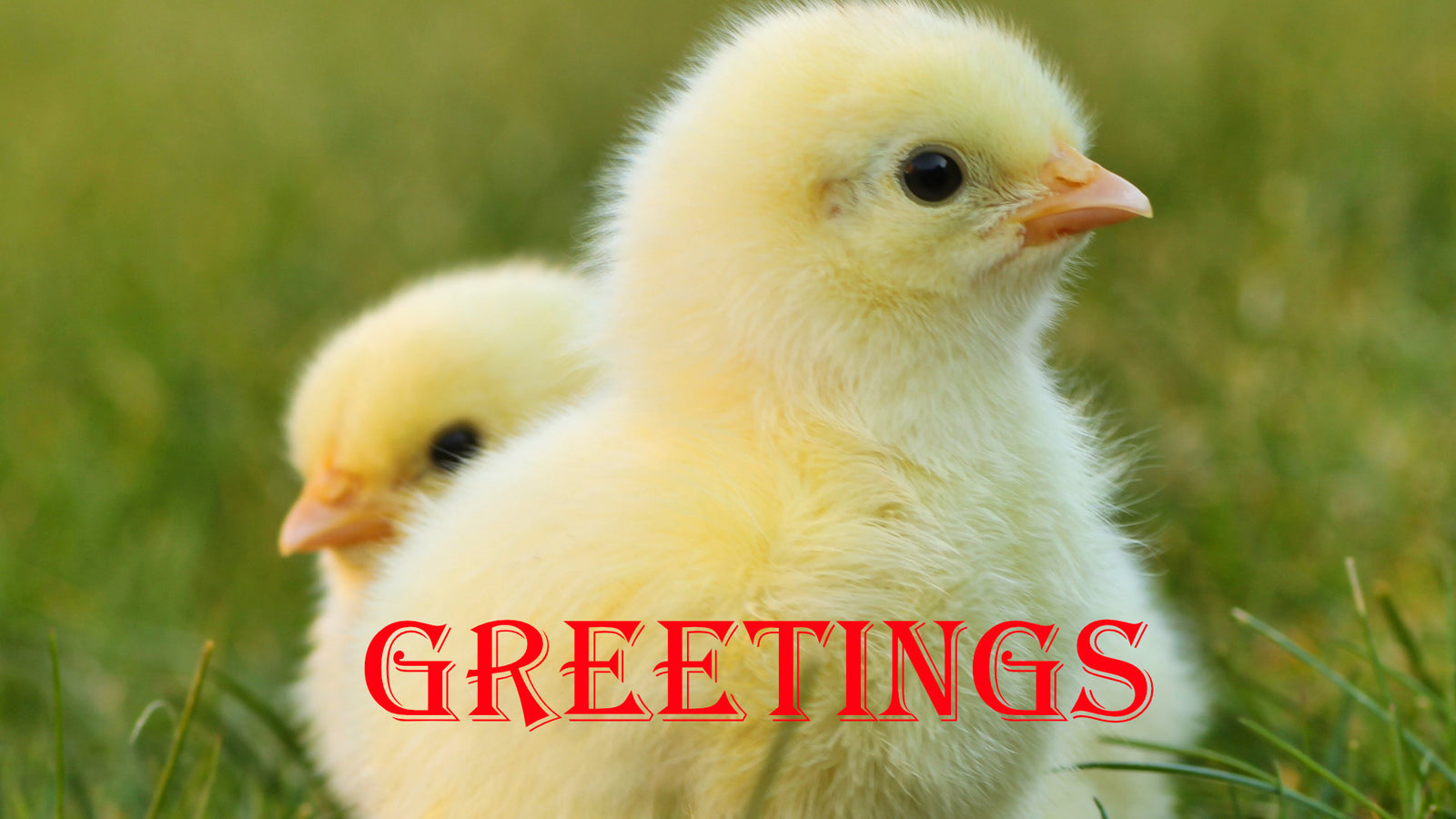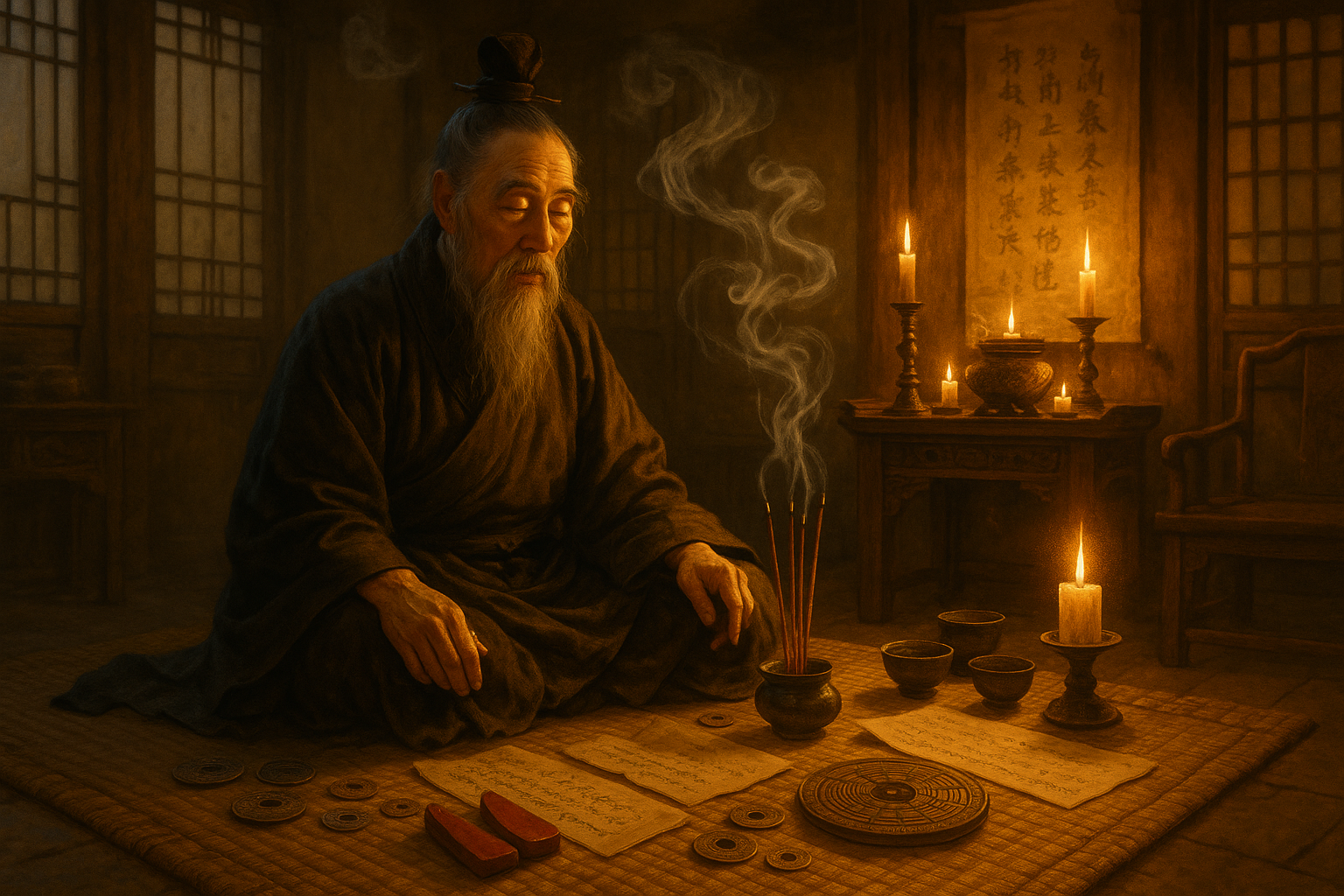
Introduction:
This lesson is crucial for both new and "senior" disciples who may have forgotten the basics. Learning the precious yet simple practice of "Ching On" (請安) is of utmost importance. Before we delve into our version of this practice, let's explore the traditional daily greetings in the past and present.
Greetings 101:
In the morning, we say "good morning" to people we meet, followed by "good afternoon" in the afternoon, and "good evening" or "good night" at night. We all understand the importance of these greetings, but do we truly grasp why?
In ancient times, greetings were more elaborate than they are today. Younger individuals would wake up early in the morning to prepare themselves before approaching their parents with a formal set of movements, including kneeling, bowing, and a phrase similar to "good morning." Before leaving the house, they would inform their parents about their plans for the day. Upon returning home, they would promptly inform their parents of their arrival. Finally, before sleeping, another round of greetings would conclude the day. While these traditions may seem unnecessary in our fast-paced modern society, they played a significant role in fostering respect. Unfortunately, in today's society, we often witness a decline in respect, with individuals even addressing their parents by their first names, as if they were friends or peers. Such a mindset is misguided.
The ancient Chinese placed great emphasis on etiquette and virtues. They believed that the right mindset should be demonstrated through speech and action to convey the message truthfully. Mere inward respect is insufficient, just as love for one's spouse cannot be confined to the heart alone. Love should be expressed, demonstrated, and manifested in actions so that it is fully understood without any room for doubt.
When we say "good morning" or similar greetings to our parents, it brings them joy to see us with a cheerful and positive demeanor. This sets the tone for their day. Now imagine saying "good morning" with a grumpy expression. Does that truly constitute a "Good morning"? A genuine greeting should be honest and aimed at bringing happiness to the recipient.
The Taoist Way:
Once you have been ordained, you will be welcomed into our LINE chatroom as an ordained disciple. In this chatroom, disciples engage in daily greetings at least twice a day. One is performed upon waking up, and the other before going to sleep. Through these "Ching On" greetings, we can also determine when someone is active or when they are expected to be away because they have gone to sleep. These greetings should be conducted daily.
But what if you join the chatroom in the middle of the day? In such cases, you can greet everyone with a sticker or say "XX Gi Jiang" to anyone above you in the lineage. For example, if you see me, you would greet me by saying, "Cia Juan Gi Jiang."
Gi Jiang 吉祥 means auspicious. Why do we greet people by saying this? It's because we want to convey that "I" am the auspicious one here for you, and by doing so, you will also become auspicious.
Auspicious, or Gi Jiang, signifies being in harmony with the other person or being loved by them. For instance, if you're hungry and want to eat, good food is auspicious because it satisfies your desires. Anything that excites or uplifts you becomes auspicious when you're feeling bored. Therefore, think about how you can be auspicious to your Cia Juan (me). What have you been doing that brings me joy or makes me fond of you? Consider the aspects that demonstrate your alignment with me.
Let's imagine a martial artist father who loves to see his son practice daily because it makes him feel that the son shares his passion. However, what if the son loses interest and stops practicing? In such a case, the son's "auspicious" greetings become empty words as the father witnesses the loss of auspiciousness.
When I see a disciple whose faith is wavering and their greeting of "auspicious" feels insincere, it feels disconcerting because I sense their impending withdrawal or failure. Why offer me empty words and deceive me daily? However, if you find yourself in this situation, you should not stop greeting; instead, focus on improving yourself to regain your genuine auspiciousness. Recognizing your mistakes is the first step toward making things right.
Performing daily greetings is part of your discipline. It provides insights into your heart, commitment, and ability to uphold your practice. Just as showing up on time for work daily leaves a positive impression, consistent greetings demonstrate your dedication and trustworthiness.
Avoid Being Robotic:
Although daily greetings may seem repetitive, you should never become robotic! Remember that the primary purpose of greeting is to acknowledge someone above you who is listening to you and receiving your greetings. Try to interact with them when they are available and engage in live greetings! Initiate a conversation and avoid being a disciple who merely says "hi" and disappears. Strive to bring happiness to your uppers whenever you speak. Remember, you need to be auspicious!
What brings joy to your upper (me)? I find joy in disciples who display a genuine desire to learn, ask meaningful questions, and express appreciation for the Tao. An auspicious disciple possesses unwavering trust, faith, and determination. The next time you perform your greetings, contemplate this and consider what you can do to improve yourself as a Taoist disciple.
To learn more about being a good disciple, I encourage you to read our post on filial piety classics!
If you're interested in gaining insights into our senior level's daily greeting and reporting system, feel free to check out the ebook!


